Perhaps unsurprisingly, given that this is a book about meditation, you will find plenty of meditations in these pages. In each one, Jeff Warren, our resident maestro, lays out the basic instructions and holds forth (often in a very amusing way) on his overall philosophy about the practice. When you encounter a meditation, we do not expect you to drop what youre doing and hurl yourself into the lotus position. Instead, we recommend that you read it through, and then come back whenever you are ready to give it a try.
All the meditations in this book are also available for free on the 10% Happier app. When you see this symbol 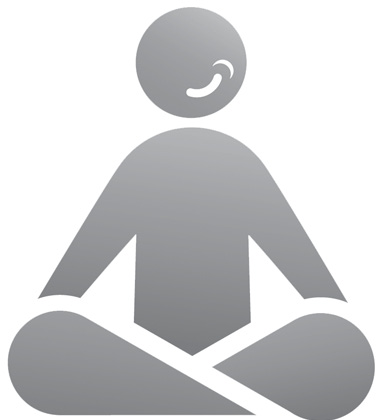 , thats to remind you that you have the option of toggling over to the app and having Jeff walk you through the meditation in question. My advice is to experiment with both guided and unguided meditations and see what works. For what its worth, I switch back and forth in my personal practice.
, thats to remind you that you have the option of toggling over to the app and having Jeff walk you through the meditation in question. My advice is to experiment with both guided and unguided meditations and see what works. For what its worth, I switch back and forth in my personal practice.
1
The Case for Meditation

If you had told me as recently as a few years ago that I would someday become a traveling evangelist for meditation, I would have coughed my beer up through my nose.
In 2004, I had a panic attack while delivering the news, live, on ABCs Good Morning America. Being a masochist, I asked our research department to tell me exactly how many people were watching. They came back with the vastly reassuring number of 5.019 million. (If you are in the mood for a nice dose of schadenfreude, you can readily find the whole clip on YouTube. Just search for panic attack on live TV, and it will pop right up. Which is awesome for me.)
In the wake of my nationally televised freak-out, I learned something even more embarrassing: the entire episode had been caused by some phenomenally stupid behavior in my personal life. After spending years covering war zones for ABC News as an ambitious and idealistic young reporter, I had developed an undiagnosed depression. For months I was having trouble getting out of bed in the morning, and felt as if I had a permanent, low-grade fever. Out of desperation, I began self-medicating with recreational drugs, including cocaine and ecstasy. My drug use was short-lived and intermittent. If youve ever seen the movie The Wolf of Wall Street, in which the characters are pounding Quaaludes every five minutesit was nothing like that. However, my consumption was enough, according to the doctor I consulted after the panic attack, to artificially raise the level of adrenaline in my brain, exacerbating my baseline anxiety and priming me to have my very public meltdown.
Through a strange and circuitous series of events, the panic attack ultimately led me to embrace a practice I had always dismissed as ridiculous. For most of my life, to the extent that Id ever even considered meditation, I ranked it right alongside aura readings, Enya, and the unironic use of the word namaste. Further, I figured my racing, type-A mind was way too busy to ever be able to commune with the cosmos. And anyway, if I got too happy, it would probably render me completely ineffective at my hypercompetitive job.
Two things changed my mind.
The first was the science.
In recent years, there has been an explosion of research into meditation, which has been shown to:
Reduce blood pressure
Boost recovery after the release of the stress hormone cortisol
Improve immune system functioning and response
Slow age-related atrophy of the brain
Mitigate the symptoms of depression and anxiety
Studies also show meditation can reduce violence in prisons, boost productivity in the workplace, and improve both behavior and grades for school children.
Things really get interesting when you look at the neuroscience. In recent years, neuroscientists have been peering into the heads of meditators, and theyve found that the practice can rewire key parts of the brain involved with self-awareness, compassion, and resiliency. One study from the Harvard Gazette found that just eight weeks of meditation resulted in measurable decreases in gray matter density in the area of the brain associated with stress.
The science is still in its early stages and the findings are preliminary. I worry that it has provoked a certain amount of irrational exuberance in the media. (Meditation can cure halitosis and enable you to dunk on a regulation hoop!) However, when you aggregate the most rigorous studies, they strongly suggest that daily meditation can deliver a long list of health benefits.
The research has catalyzed a fascinating public health revolution, with the ancient practice of meditation catching on among corporate executives, athletes, U.S. marines, and entertainers, including the rapper 50 Cent. That man got shot nine times; I believe he deserves some peace of mind.
The second thing I learned that changed my mind about meditation is that it does not necessarily entail a lot of the weird stuff I feared it might.
Contrary to popular belief, meditation does not involve folding yourself into a pretzel, joining a group, or wearing special outfits. The word meditation is a little bit like the word sports; there are hundreds of varieties. The type of meditation well be teaching here is called mindfulness meditation, which is derived from Buddhism but does not require adopting a belief system or declaring oneself to be a Buddhist. (In defense of Buddhism, by the way, it is often practiced not as a faith but as a set of tools to help people lead more fulfilled lives in a universe characterized by impermanence and entropy. One of my favorite quotes on the matter is Buddhism is not something to believe in, but rather something to


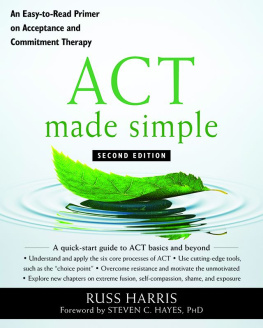
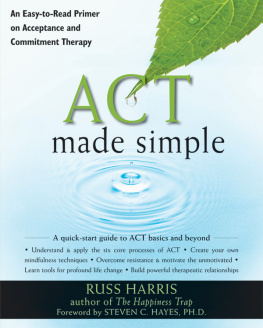


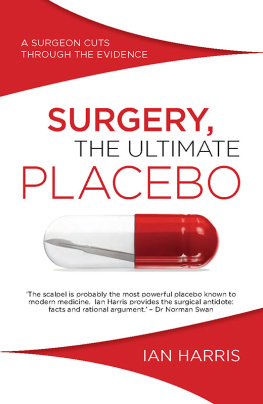

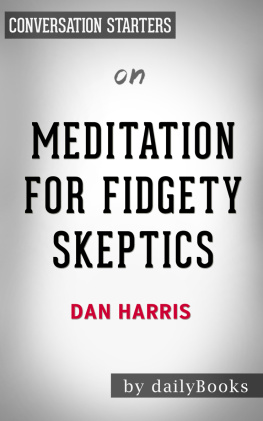

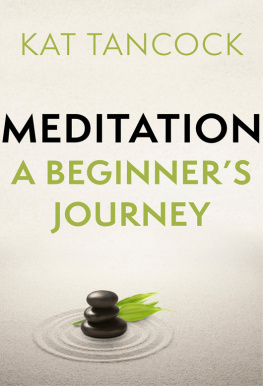

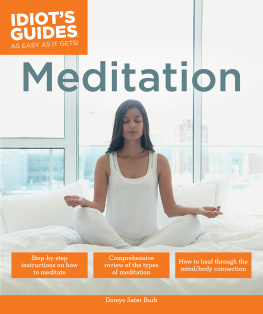

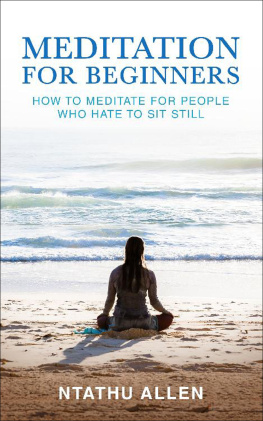
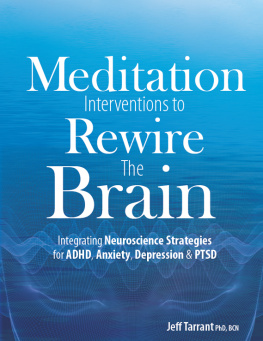
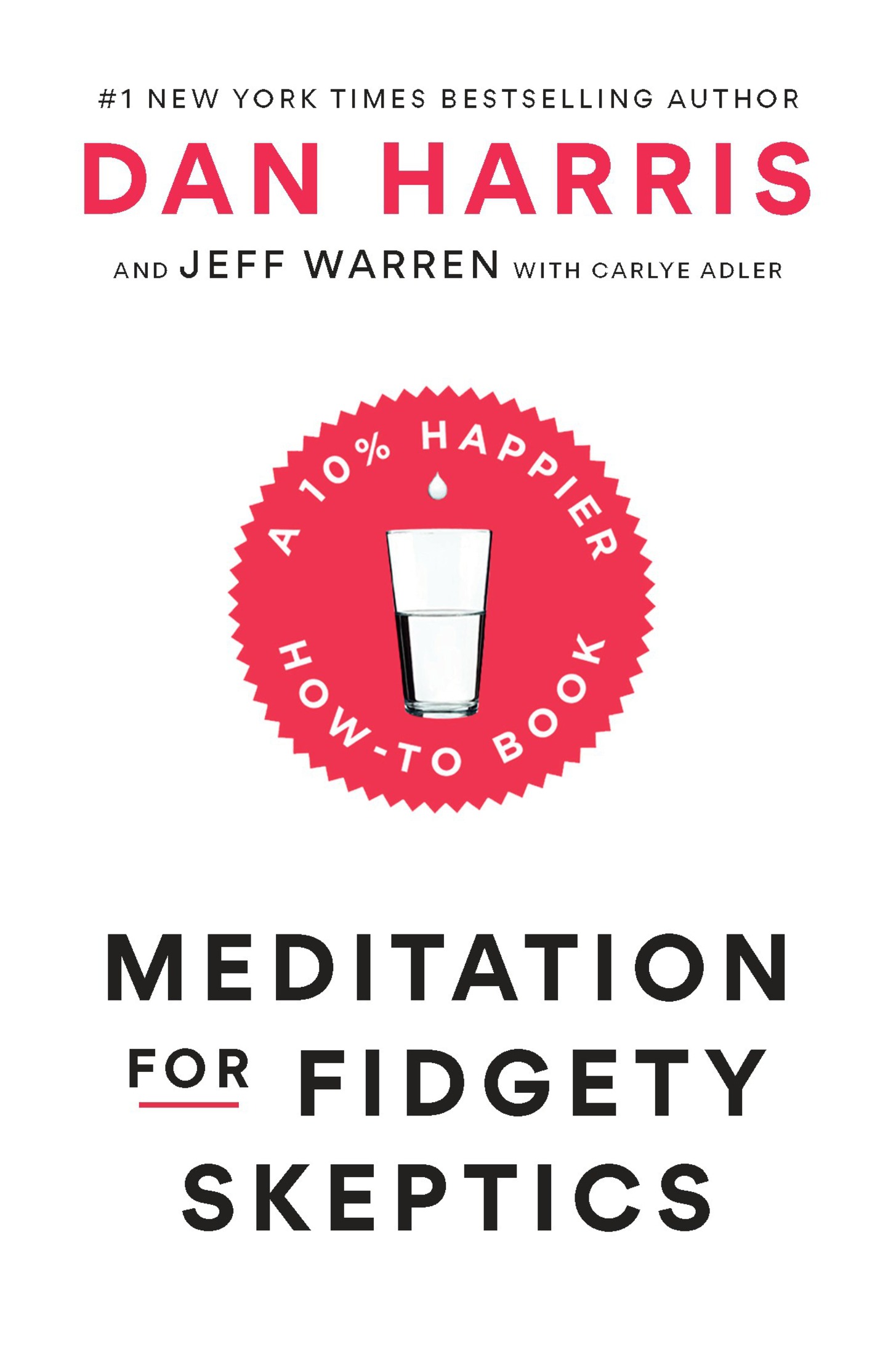
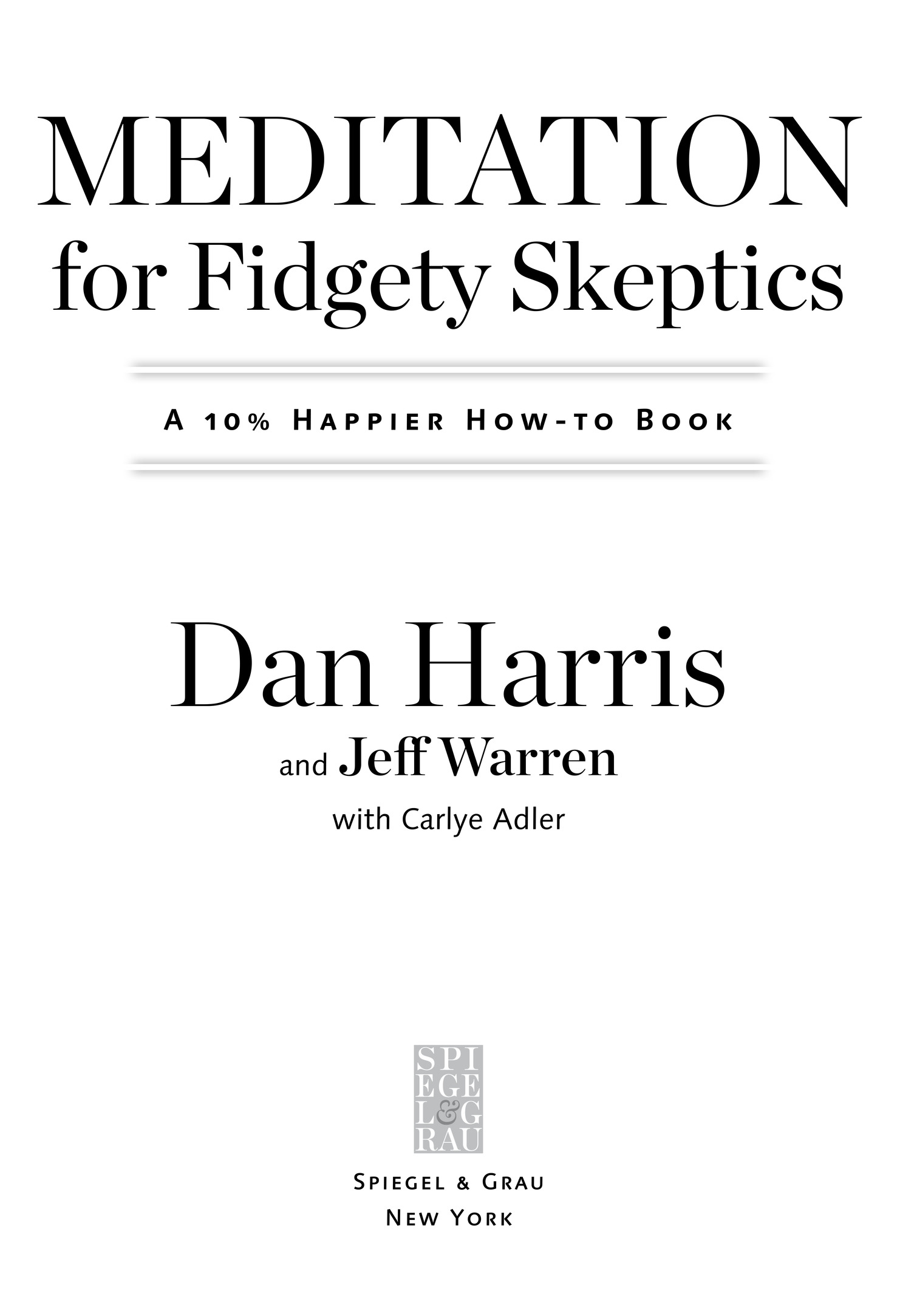

 , thats to remind you that you have the option of toggling over to the app and having Jeff walk you through the meditation in question. My advice is to experiment with both guided and unguided meditations and see what works. For what its worth, I switch back and forth in my personal practice.
, thats to remind you that you have the option of toggling over to the app and having Jeff walk you through the meditation in question. My advice is to experiment with both guided and unguided meditations and see what works. For what its worth, I switch back and forth in my personal practice.